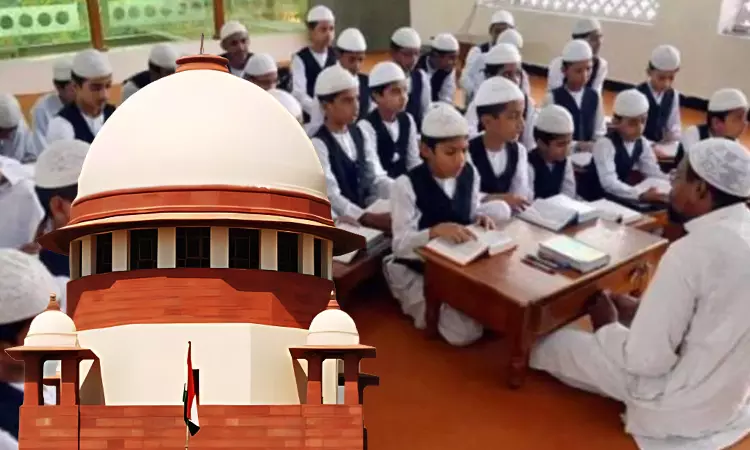Supreme Court Upholds UP Madarsa Law, Securing Future for 16,000 Institutions and 17 Lakh Students

The Supreme Court of India has upheld the validity of a 2004 law regulating madrassas in Uttar Pradesh, offering relief to approximately 16,000 madrassas and nearly 17 lakh students. The decision overturns an earlier Allahabad High Court judgment that deemed the Uttar Pradesh Madrasa Education Act, 2004, unconstitutional on grounds that it conflicted with the principle of secularism.
A three-judge bench led by Chief Justice DY Chandrachud, alongside Justices JB Pardiwala and Manoj Misra, held that the high court erred in its interpretation, explaining that secularism does not preclude the regulation of educational standards in religious institutions. "The state can regulate the standards of education in madrasas... regulations relating to the quality of education do not interfere with the administration of the madrasas," the Chief Justice stated. The Act’s provisions focus on ensuring educational quality rather than encroaching on religious practices, a balance the Supreme Court emphasized as essential to fostering inclusive education.
The Allahabad High Court had previously ordered the Uttar Pradesh government to integrate madrasa students into the formal schooling system. This judgment raised concerns about the future of students currently enrolled in madrasas, whose curriculum includes both religious and secular subjects. However, the Supreme Court's ruling affirmed that, while madrasas could include religious training, the legislative framework's primary aim is to safeguard minority education rights while enhancing academic standards.
The bench acknowledged that certain provisions within the Act, specifically those related to higher education degrees such as Fazil and Kamil are inconsistent with University Grants Commission (UGC) standards and exceed legislative boundaries. The court clarified that these inconsistencies do not warrant the invalidation of the entire Act. “The High Court falls into error and ends up throwing the baby out with the bathwater,” the bench noted, stressing the principle of severability in legislation.
